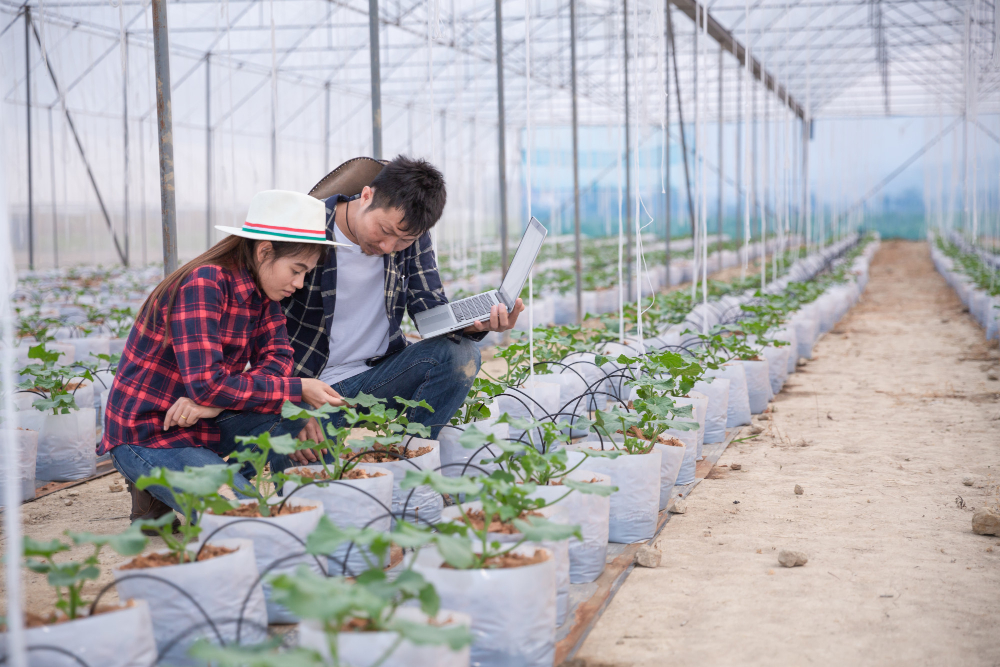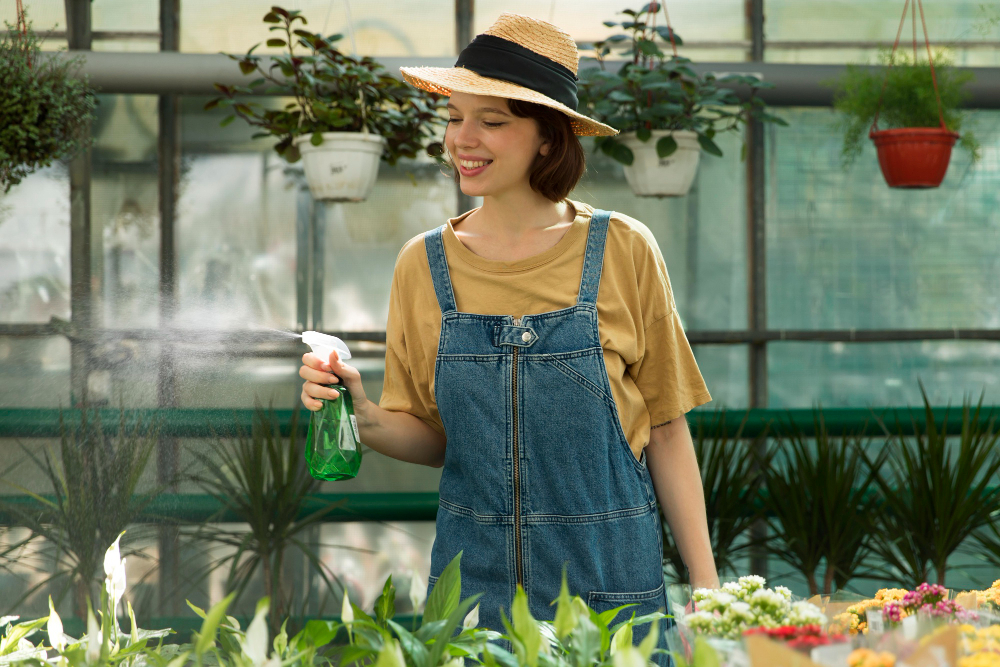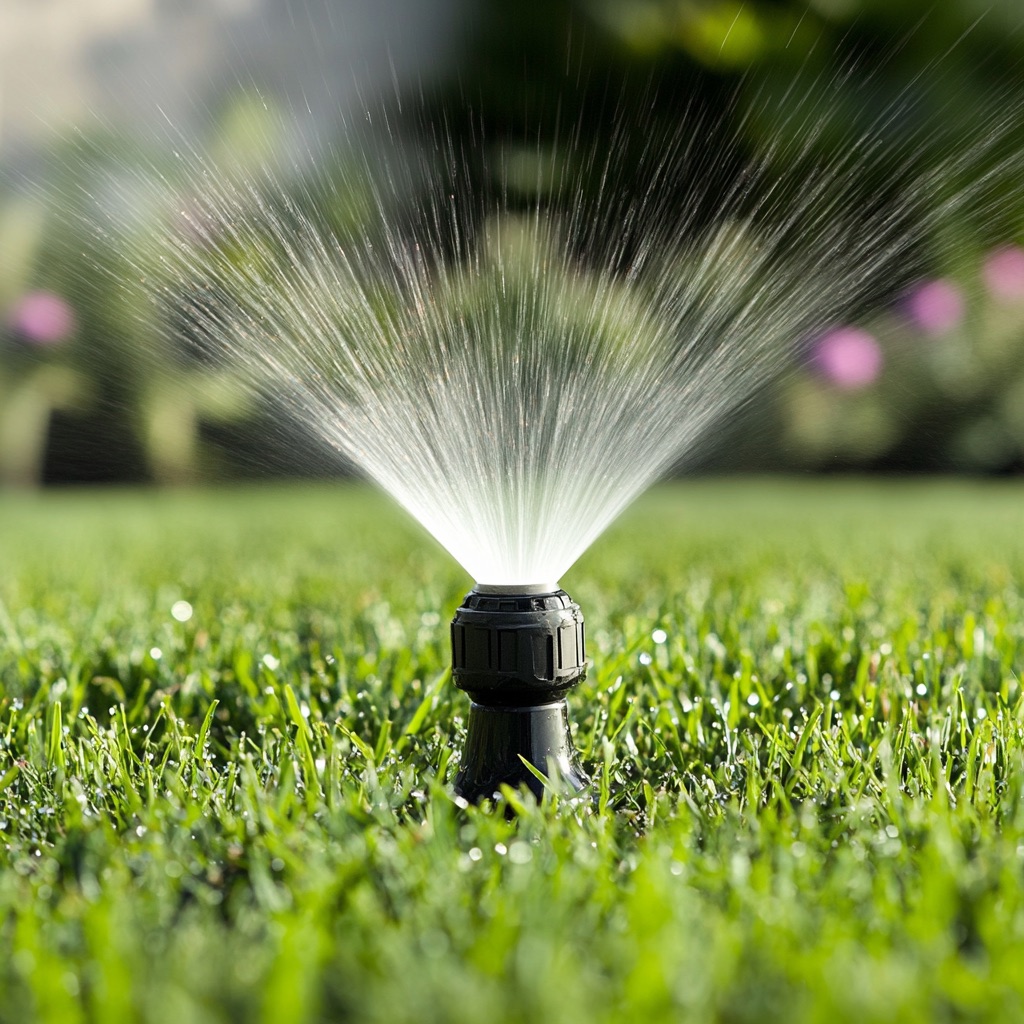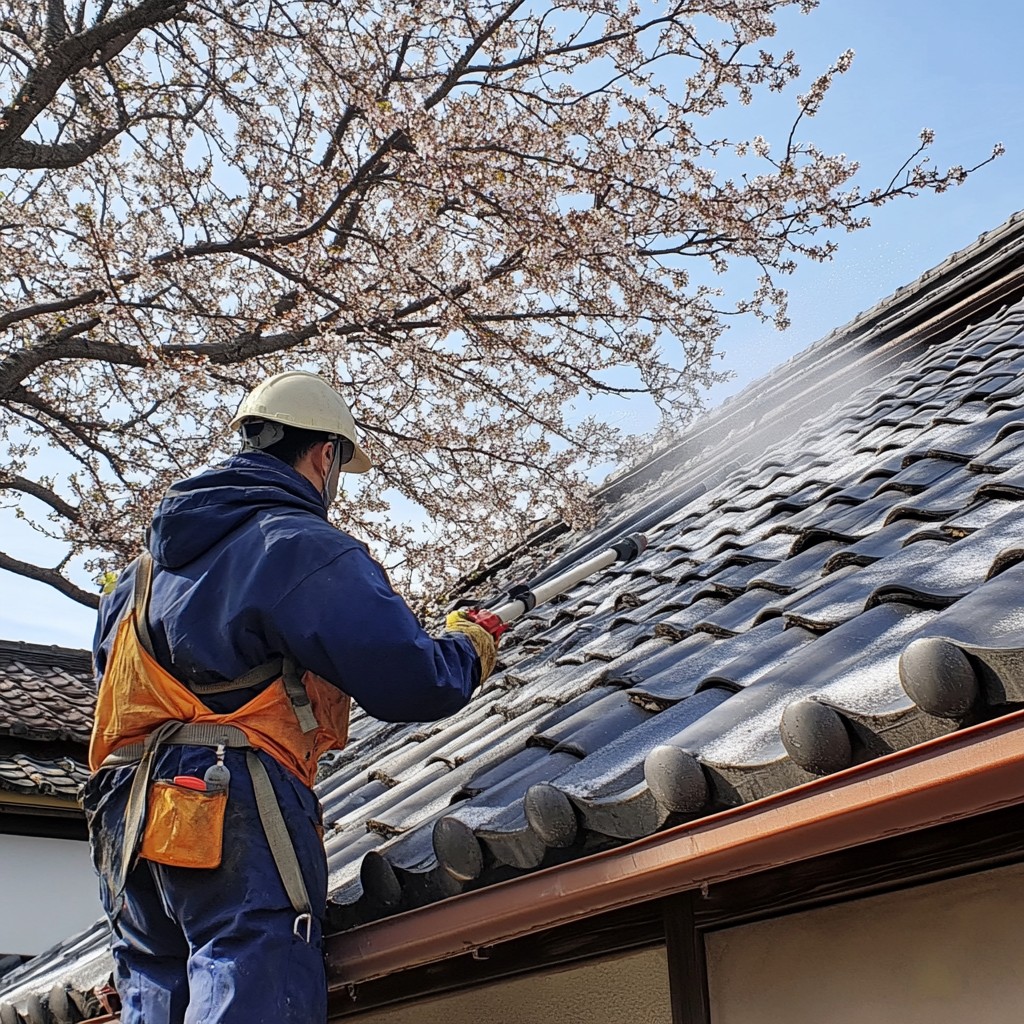Last updated on
The significance of sustainability in our quickly urbanizing society cannot be emphasized. As concrete jungles expand, the need for green oases within the urban landscape becomes increasingly critical.
Urban gardening, a movement that empowers individuals and communities to cultivate plants in urban environments, offers a powerful solution to this problem. Not only does it beautify our cities, but it also plays a vital role in promoting sustainability.
In this blog post, we will delve into the various facets of urban gardening and explore how it contributes to a more sustainable future.
Less Water Spending: A Resourceful Approach

Water scarcity is a pressing issue in many parts of the world. In urban areas, gardens are typically associated with high water consumption. However, urban gardening offers a more efficient approach.
By focusing on native and drought-resistant plant species, urban gardeners can significantly reduce water consumption. These plants have adapted to the local climate and require less irrigation, which not only conserves water but also lowers water bills for gardeners.
This will also help you say goodbye to water woes as seen on the https://harpersnurseries.com/ website. Moreover, techniques such as drip irrigation and rainwater harvesting are widely used in urban gardens to further minimize water wastage.
Biodiversity and Habitat Creation

It also plays a pivotal role in enhancing local biodiversity. Traditional urban landscapes often consist of concrete, asphalt, and buildings, leaving limited space for native flora and fauna. By cultivating a variety of plants in urban environments, gardeners create habitats for insects, birds, and other wildlife.
Pollinator-friendly gardens, in particular, support bees and butterflies, crucial for the pollination of plants, including many of our food crops. This increased biodiversity contributes to the overall health of the ecosystem.
Improved Air Quality and Reduced Heat Island Effect

Urban gardening helps combat two significant urban challenges: poor air quality and the heat island effect. Plants absorb carbon dioxide and release oxygen, improving air quality by reducing pollutants.
They also provide shade, reducing the heat island effect, where urban areas become significantly warmer than their surrounding rural areas due to the heat-absorbing properties of concrete and asphalt. Urban gardens act as natural air purifiers and coolers, making cities more livable.
Waste Reduction and Composting

By composting, urban gardening promotes ethical waste management. Food scraps, yard waste, and organic materials can be turned into nutrient-rich compost that enriches the soil.
By diverting organic waste from landfills, gardeners reduce greenhouse gas emissions and minimize the environmental impact of waste disposal. Composting not only benefits the garden but also contributes to a more sustainable urban ecosystem.
Local Food Production and Food Security
One of the most compelling aspects of urban gardening is its contribution to local food production and food security. By growing their fruits and vegetables, urban gardeners reduce their reliance on food transported over long distances.
This not only lowers the carbon footprint associated with food transportation but also ensures a more resilient local food supply. In times of crisis, such as natural disasters or supply chain disruptions, urban gardens can provide a vital source of fresh, nutritious produce.
Community Building and Education
Urban gardening is not just about plants; it’s about people too. These green spaces serve as focal points for bringing people together and creating strong, resilient communities. Neighbors collaborate, share knowledge, and work side by side, fostering a sense of unity and connection.
Beyond community building, urban gardens also serve as outdoor classrooms, offering hands-on education in agriculture, ecology, and sustainability. Schools, community centers, and local organizations frequently use these spaces to engage people of all ages in learning experiences.
Through workshops, gardening clubs, and educational programs, urban gardening imparts valuable skills and knowledge, empowering individuals with the tools they need to make informed, sustainable choices in their lives. It’s not just about growing plants; it’s about cultivating a sense of belonging and understanding our vital connection to the environment.
Aesthetic Enhancement and Property Value
Beyond the environmental and social benefits, urban gardening contributes to the aesthetic appeal of urban areas. Beautifully landscaped gardens enhance the visual appeal of neighborhoods and streetscapes. This, in turn, can increase property values, making urban gardening not only an environmentally responsible choice but also a financially rewarding one for homeowners.
Urban gardening is a powerful tool for promoting sustainability in our cities. By conserving water, fostering biodiversity, improving air quality, reducing waste, ensuring local food production, building communities, and enhancing aesthetics, urban gardens are changing the face of our urban landscapes for the better.
As we face growing environmental challenges, the growth of urban gardening represents a beacon of hope and a tangible way for individuals and communities to contribute to a more sustainable future.
Table of Contents




